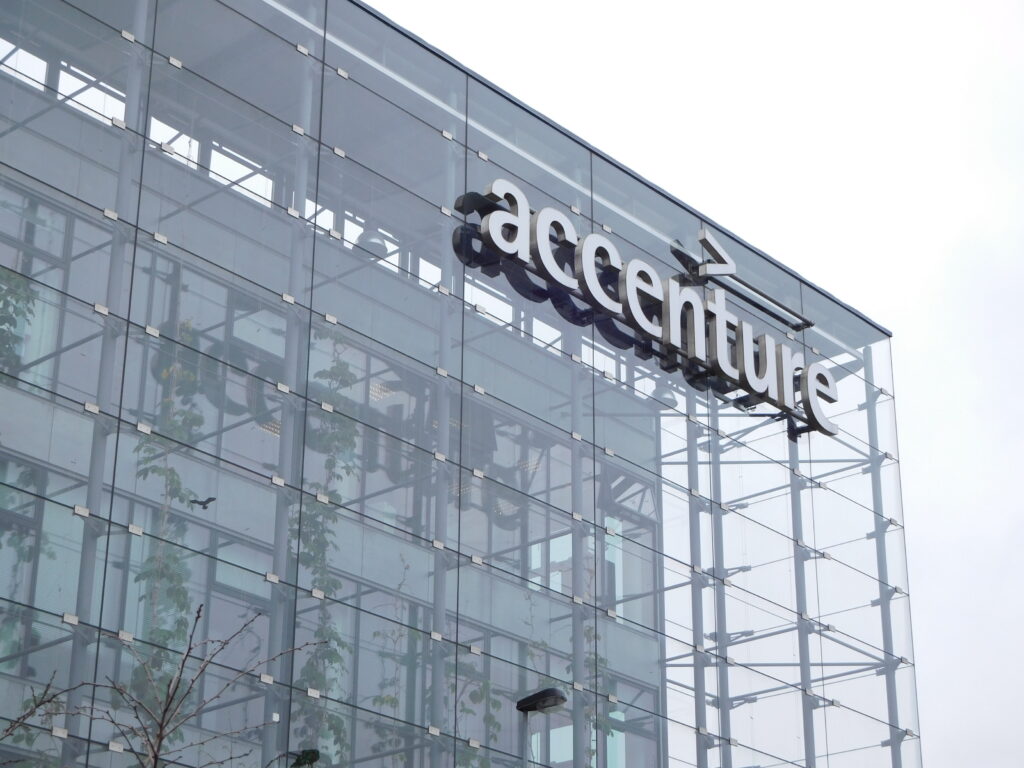SUSE has announced its Q3 results for financial year 2023, which ended July 31, 2023, revealing slow growth with revenue reported at $173m, a 2 percent year-on-year (YoY) growth.
IFRS operating profit for the company before D&A was $36m, down 11 percent, reflecting continued investments in initiatives to support future growth. As of April 30, 2023, annual recurring revenue (ARR) was $665m, up by 4 percent and revealed a net retention rate (NRR) of 100.4 percent.
Adjusted unlevered free cash flow was $60m, down by 2 percent, with cash conversion of 108 percent and supported by a core working capital inflow.
SUSE’s performance has continued to slow since its turbulent second quarter with its Q2 revenue reaching $161.9m, an increase of 1 percent and core revenue at $132m, down 1 percent from the previous year, resulting in shares falling more than 10 percent.
During Q3 FY23 and since the end of the quarter, SUSE’s expectations for future performance and market outlooks remained unchanged materially.
On August 17, post quarter end, SUSE announced that its majority shareholder, EQT Private Equity has taken the company private following a merger into an unlisted Luxembourg entity. The offer price per SUSE share to be paid by EQT Private Equity sits at EUR 16.00 less than the gross amount per SUSE share of an interim dividend to be paid by SUSE to all shareholders, representing a 67 percent premium.
The company has very recently seen a refresh in leadership roles, having recently appointed Ian Halifax as chief financial officer and Frank Feldmann as chief strategy officer, effective immediately, to complete its C-suite. Halifax will take over from the company’s current interim CFO, Jonathan Atack, who remains in his role until December 11, 2023. Halifax will also join the management board and executive leadership team. Alongside Halifax, Feldmann will also serve on the executive leadership team.
In addition to this, CIQ, Oracle and SUSE recently announced their intent to form an Open Enterprise Linux Association (OpenELA) to drive the development of distributions compatible with Red Hat Enterprise Linux, by providing open and free Enterprise Linux source code.





